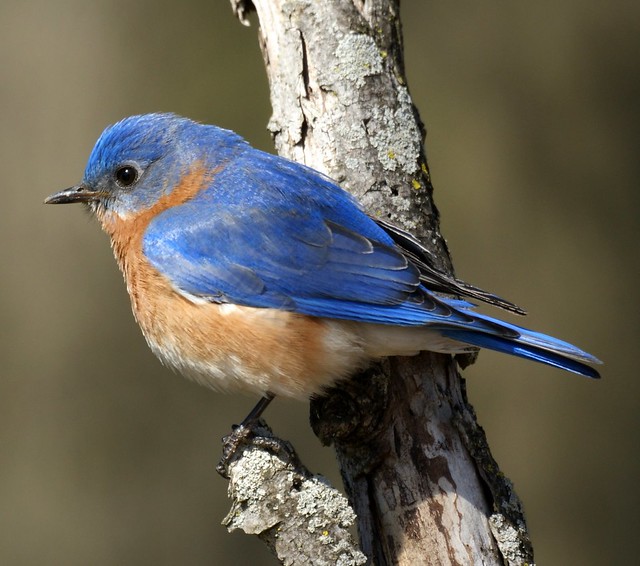 |
Photo by stefanwesteneng  |
Diarrhea- If your bird has an infection in the intestinal tract, because of bacteria or virus, there will be additional fluids in the stool. You must take the bird to a vet because if the food is moving too quickly in the digestive tract, nutrients are not being absorbed. Moreover, if the diarrhea is greenish colored, it is a symptom of metal poisoning or Psittacosis.
Eye Discharge- Eye discharge is very dangerous and can lead to the death of the bird. This symptom normally occurs in cases of Psittacosis. Psittacosis is highly infectious and can affect human beings too. Rush your bird to the vet and get other pets and members of the family checked too. If caught in time, it can be cured by antibiotics.
Lethargy- Is your bird not eating properly or is inactive? There can be many causes for this and none of them good. The bird might be suffering some serious ailment like infection, the heart of kidney disease or even cancer. Get your bird tested and treated at once.
Loss of Appetite- This again is an outward manifestation of some serious internal problem. Birds are fragile and neglect of these symptoms can lead to death. Consult your vet, and follow his advice.
Nasal Discharge- Commonly caused by dust, bacteria and even feather dust. Certain species like Cockatoos, Macaws etc produce a large amount of it. In case the discharge is colored and abnormal it is a normal clearing of respiratory passages. If it is colored, take the bird to a vet.
Puffed Up Feathers- This is a normal reaction of birds when they feel insecure or threatened. But if the feathers are puffed up even when the bird is asleep it is an outward symptom of an internal disease. Take the bird to a vet.
Vomiting- Birds often throw up during the mating season. Even so, check with your vet, just to play safe.
Prevention is better than cure, so clean the cage regularly and monitor the bird's feed and other habits. Use an efficient air purifier. Birds are a pleasure to keep, but as with other pets, they come with a set of responsibilities. Ensure that your pet is healthy and clean. This will prevent infections to the bird and to you and your family.
|

No comments:
Post a Comment